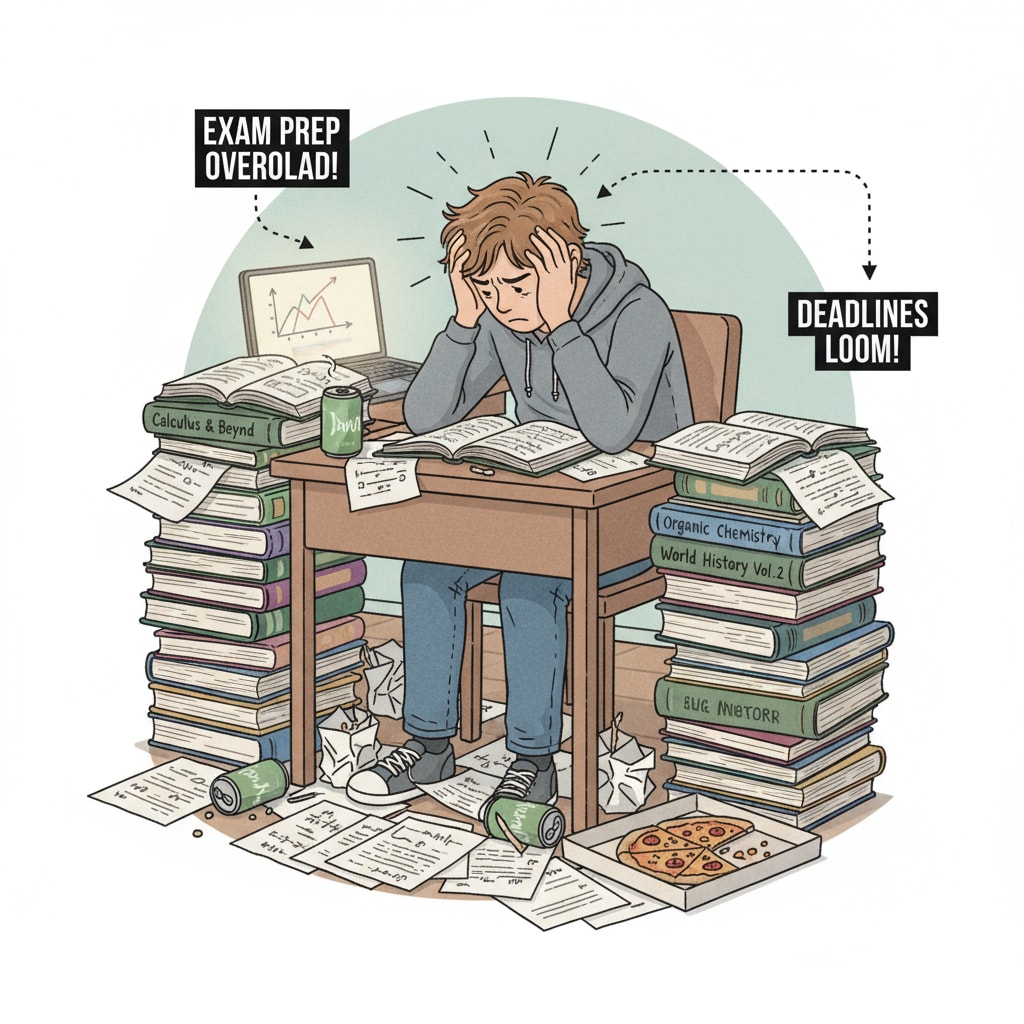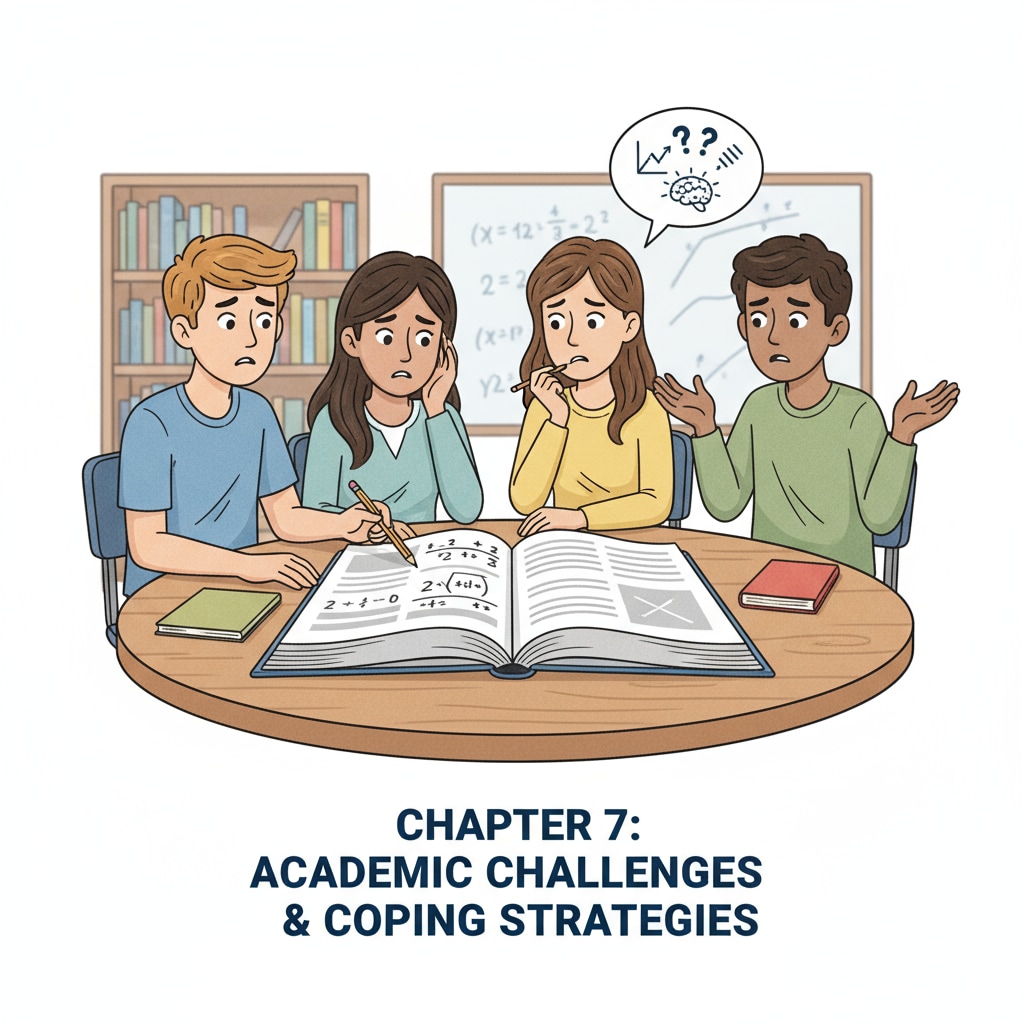Learning anxiety, self-doubt, and learning difficulties are common issues among teenagers, especially those in the K12 education stage. Take, for example, a 17-year-old middle school student named Tom. He was constantly under great pressure due to his studies. His grades were not as good as he expected, which led to intense self-doubt and learning anxiety. This situation is not unique to Tom. Many teenagers are struggling with similar problems.

The Root Causes of Learning Anxiety and Self-Doubt
One of the main reasons for learning anxiety and self-doubt is the high expectations from parents, teachers, and society. Teenagers often feel that they must achieve excellent grades to meet these expectations. For instance, according to American Psychological Association research on teen stress, academic pressure is a major source of stress for teenagers. Another factor is the comparison with peers. When they see their classmates performing better, they tend to question their own abilities. Additionally, a lack of effective learning methods can also contribute to learning difficulties, further fueling anxiety and self-doubt.
Impact on Teenagers’ Mental Health and Academic Performance
Learning anxiety and self-doubt can have a significant negative impact on teenagers’ mental health. They may experience feelings of depression, irritability, and loss of confidence. This, in turn, affects their academic performance. As they become more anxious and self-doubting, it becomes harder for them to concentrate in class and complete assignments. For example, a study on the impact of anxiety on student learning shows that high levels of anxiety can disrupt cognitive processes necessary for learning.

To help teenagers overcome these issues, several strategies can be employed. Firstly, parents and teachers should provide a more supportive environment. Instead of focusing solely on grades, they should encourage teenagers to learn from their mistakes and praise their efforts. Secondly, teenagers need to learn effective learning methods. This could include time management, note-taking, and seeking help when needed. Thirdly, practicing relaxation techniques like meditation and deep breathing can help reduce anxiety.
In conclusion, learning anxiety, self-doubt, and learning difficulties are serious problems that require attention. By understanding the root causes, recognizing the impacts, and implementing effective strategies, we can help teenagers like Tom rebuild their confidence and develop a healthy learning mindset.
Readability guidance: The article uses short paragraphs and lists to summarize key points. Each H2 section provides relevant information in a clear way. The proportion of passive voice and long sentences is controlled, and transition words are used throughout to enhance readability.


